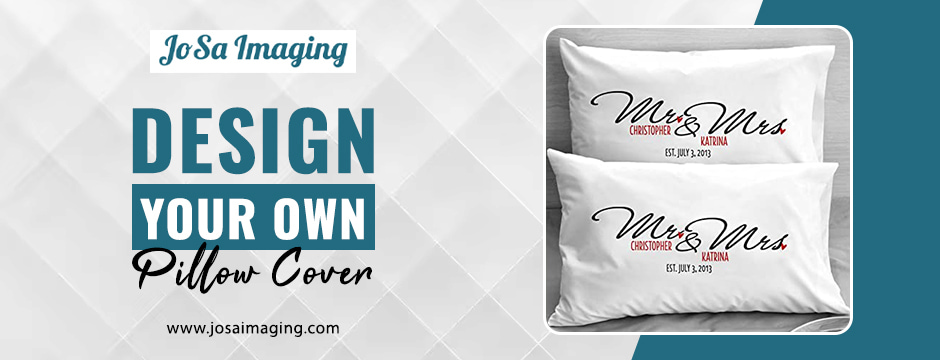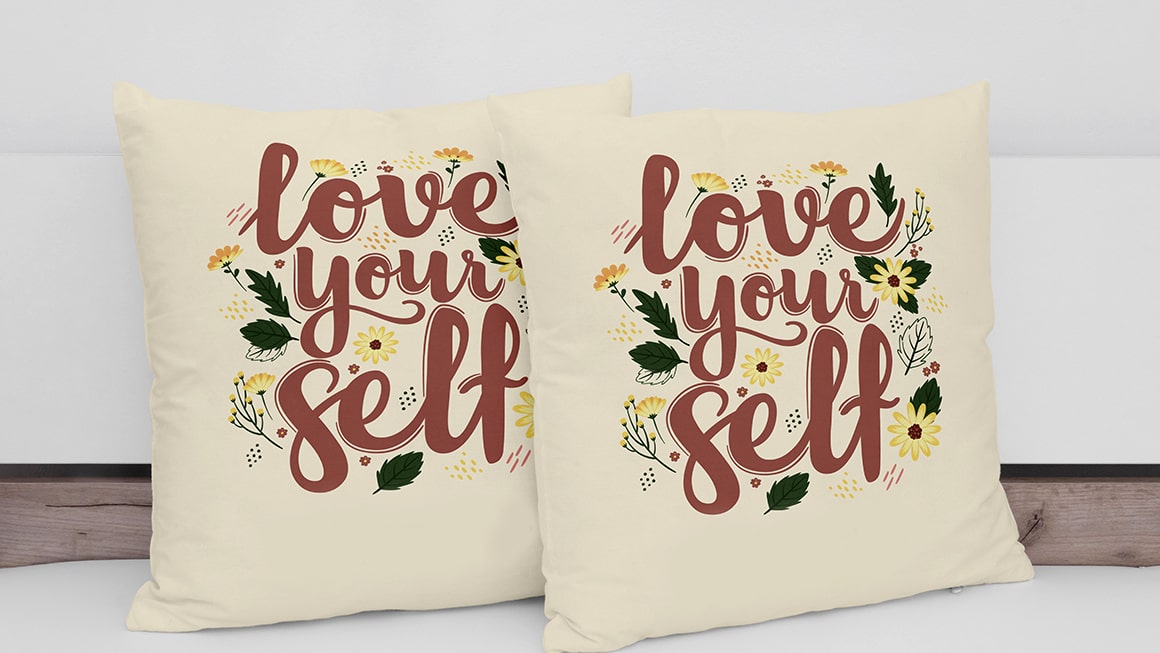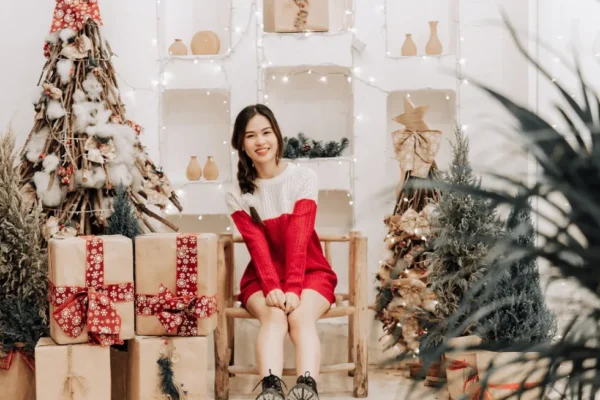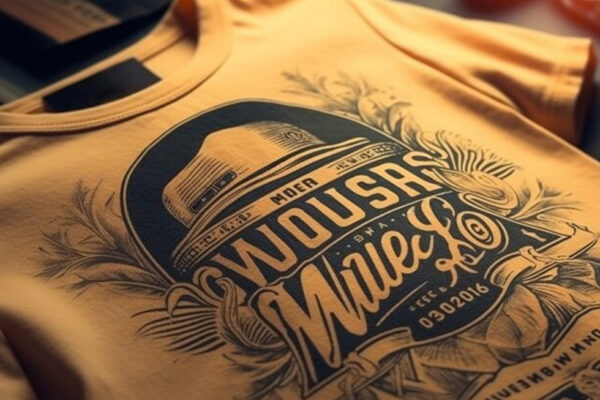Choosing the right colors and patterns to design your own pillow cover can transform the look and feel of your living space. Whether you’re adding a pop of color to a neutral sofa or creating a cohesive theme in your bedroom, selecting the perfect combination requires careful consideration. In this blog, we’ll explore practical tips and creative ideas to help you navigate the world of colors and patterns for your custom-designed pillow covers, brought to you by JoSa Imaging, your go-to destination for Cushion Printing and customized cushion solutions in Singapore.
Understanding Color Psychology to Design Your Own Pillow Cover
1. Warm vs. Cool Colors
- Warm Colors: Shades of red, orange, and yellow evoke feelings of warmth, energy, and excitement. They’re perfect for creating a cozy atmosphere in living rooms and social spaces.
- Cool Colors: Blues, greens, and purples have a calming effect and are ideal for bedrooms and relaxation areas.
2. Color Associations
- Consider the emotions and associations different colors evoke. For example, blue is often associated with serenity and trust, while yellow can symbolize happiness and energy.
Color psychology explores how different colors affect human emotions and behaviors. Warm colors like red, orange, and yellow are known for their ability to evoke feelings of warmth, energy, and excitement. These hues are often associated with vitality, passion, and enthusiasm, making them ideal for creating a welcoming and inviting atmosphere in living rooms, dining areas, and social spaces. Their stimulating effect can encourage conversation and interaction among individuals, making them popular choices for spaces where people gather and socialize.
On the other hand, cool colors such as blue, green, and purple have a calming effect on the mind and body. These hues are often associated with serenity, tranquility, and relaxation, making them well-suited for bedrooms, meditation areas, and relaxation spaces. Blue, in particular, is known for its ability to promote feelings of calmness and trust, while green is associated with growth, renewal, and harmony with nature. Purple, with its blend of blue and red, often symbolizes luxury, creativity, and spirituality.
Harmonizing Colors and Patterns – Customised Cushion Singapore
1. Monochromatic Schemes
Stick to varying shades of a single color: Monochromatic schemes involve using different shades, tones, and tints of a single color. This creates a sophisticated and cohesive look, as the variations in intensity add depth and interest to the design. For example, a monochromatic scheme in shades of blue can range from deep navy to pale sky blue, creating a visually appealing gradient.
Mix textures and patterns within the same color family: To prevent a monochromatic scheme from appearing flat or one-dimensional, incorporate a variety of textures and patterns within the chosen color family. For instance, combine smooth velvet with rough linen or add interest with subtle geometric prints or intricate floral patterns. This adds visual contrast and tactile interest, enhancing the space’s overall aesthetic.
2. Complementary Colors
Pair colors opposite each other on the color wheel: Complementary colors are located directly across from each other on the color wheel, such as blue and orange or purple and yellow. When paired together, these colors create a bold and striking contrast that instantly draws the eye. The high level of contrast between complementary colors creates visual interest and energy, making them ideal for creating focal points or adding drama to a space.
3. Analogous Colors
Choose colors adjacent to each other on the color wheel: Analogous colors are located next to each other on the color wheel, such as blue and green or red and orange. These colors share similar undertones, creating a harmonious and soothing effect when used together. Analogous color schemes are often found in nature and evoke feelings of balance, unity, and cohesion. They are well-suited for creating tranquil and inviting spaces, such as bedrooms or relaxation areas.

Consider Your Existing Decor While Design Your Own Pillow Cover
1. Existing Color Palette
Take cues from your existing decor: When selecting pillow covers, it’s essential to consider the existing color palette of your room. Take note of the wall colors, furniture upholstery, and accessories to ensure your pillow covers complement the overall aesthetic. For example, if your room features neutral tones like beige and taupe, opt for pillow covers in complementary earthy shades or subtle pops of color to enhance the existing color scheme.
2. Accent Colors
Use pillow covers to introduce accent colors: Pillow covers are a versatile way to introduce accent colors that tie in with other elements in the room. Look to existing accent colors in your artwork, rugs, or curtains for inspiration. For instance, if you have a bold accent wall in teal, consider incorporating teal-colored pillow covers to create cohesion and balance in the space.
Mixing and Matching Patterns
1. Scale and Proportion
Vary the scale of patterns for visual interest: When mixing and matching patterns, consider the scale and proportion of each design. Pair large-scale patterns with smaller ones to create visual interest and balance. For example, combine a bold floral print with a subtle geometric pattern or a textured solid color to avoid overwhelming the space. This layering of different scales adds depth and dimension to your pillow arrangements.
2. Texture
Mix textures to add depth and dimension: In addition to patterns, mixing textures like velvet, linen, and cotton can add tactile interest to your pillow arrangements. Consider the tactile feel of the fabric as well as its visual appearance. For instance, pair a smooth velvet pillow cover with a textured knit or a crisp linen with a soft faux fur for contrast and visual appeal. The combination of different textures adds richness and depth to your decor.
3. Theme and Style
Choose patterns that complement the overall theme and style: Select patterns that align with the overall theme and style of your space. For a modern look, opt for clean lines and geometric patterns that add a contemporary touch. Alternatively, if your decor leans towards a more traditional aesthetic, consider classic patterns like florals, stripes, or damasks. Choosing patterns that complement the existing decor helps maintain cohesiveness and harmony throughout the room.
Personalization and Customization
1. Photo Prints
- Personalize your pillow covers with photo prints of your favorite memories, family photos, or travel snapshots. JoSa Imaging Design Your Own Pillow Cover offers high-quality Cushion Printing services to bring your photos to life.
2. Custom Designs
- Create custom designs that reflect your personality and interests. Whether it’s your favorite quote, a unique pattern, or a hand-drawn illustration, custom-designed pillow covers add a personal touch to your space.
Practical Considerations
1. Durability
- Choose durable fabrics and prints that can withstand daily use and frequent washing, especially in high-traffic areas like living rooms and children’s rooms.
2. Maintenance
- Consider the ease of maintenance when selecting fabrics and prints. Opt for fabrics that are machine washable and easy to care for.
Bringing It All Together
Choosing colors and patterns for your custom-designed pillow covers is an opportunity to express your creativity and style while enhancing the aesthetic of your home. Whether you prefer bold and vibrant hues or subtle and soothing tones, thoughtful selection and attention to detail will ensure your pillow covers make a statement in any room. With JoSa Imaging’s Cushion Printing services, you can bring your vision to life with custom-designed pillow covers that reflect your unique personality and taste.














